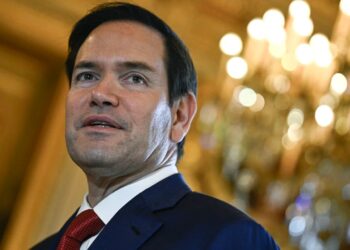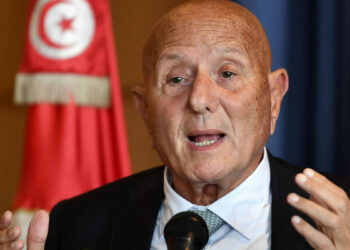By Emmanuel Nduka
The United States has announced its boycott of the upcoming G20 foreign ministers’ meeting in Johannesburg, with Secretary of State Marco Rubio citing concerns over South Africa’s treatment of white farmers and the summit’s focus on climate change and diversity.
Rubio condemned South Africa’s land reform policies, accusing the nation of expropriating private property, and criticized the G20’s emphasis on issues such as diversity, equity, and inclusion (DEI), and sustainability.
On X (formerly Twitter), Rubio declared, “I will NOT attend the G20 summit in Johannesburg. South Africa is doing very bad things. Expropriating private property. Using G20 to promote ‘solidarity, equality, & sustainability.’ In other words: DEI and climate change”. He emphasized his responsibility to prioritize American interests over “coddling anti-Americanism” or wasting taxpayer funds.
The US, which will assume the G20 presidency next year, has not yet clarified whether the boycott will extend beyond the foreign ministers’ meeting to other G20 events under South Africa’s leadership.
South African Institute of International Affairs CEO Elizabeth Sidiropoulos noted that it remains to be seen whether Treasury Secretary Scott Bessent will attend the finance ministers’ meeting in Cape Town, which could further highlight tensions between the US and the G20 agenda.
Rubio’s stance follows a similar declaration from President Donald Trump, who criticized South Africa’s land reforms on social media, accusing the government of violating human rights through land confiscations and targeting specific groups.
Trump has vowed to cut US funding to South Africa until a full investigation is carried out.
The controversy revolves around South Africa’s efforts to address historic injustices related to apartheid-era land dispossession.
Legislation now allows for land expropriation without compensation in cases deemed to be in the public interest.
While critics argue that this undermines property rights, South African authorities maintain that the law targets undeveloped or unused land and won’t be applied arbitrarily.
Trump’s criticism is partly fueled by his close relationship with South African-born tech mogul Elon Musk, who has strongly opposed the land reforms.
Sidiropoulos suggested that there may be commercial interests behind the US’s position, particularly Musk’s reluctance to comply with South African laws requiring foreign investors to cede part of their holdings to Black-owned businesses.
While the US’s stance challenges South Africa’s efforts to address its historical inequalities, Sidiropoulos argues that it doesn’t necessarily signal the end of diplomatic relations.
Nonetheless, the US’s withdrawal from forums like the Paris Climate Agreement and the World Health Organization has raised concerns that China could gain greater influence in global matters as the US steps back.































